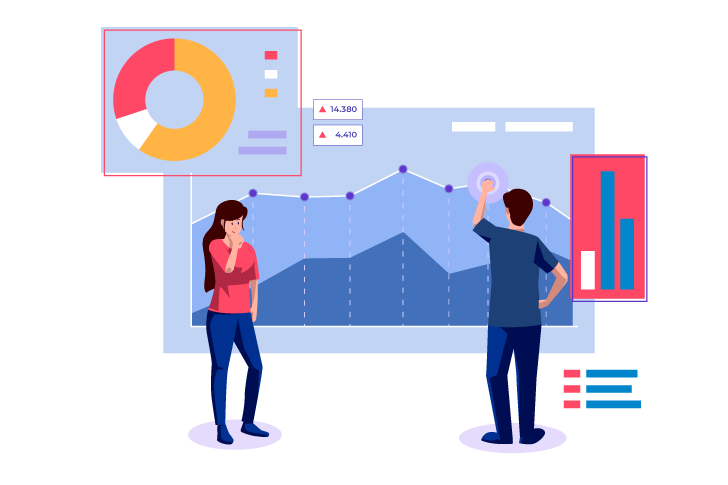Too often in my career and personal life I have seen people suffer from too much focus on short-term thinking, and not enough on long-term vision. And yes there’s a reason I don’t use ‘vision’ to describe the short-term… because it doesn’t require much of it, if any. Short-term thinkers focus on the now, with little regard for the future. They make decisions and take action accordingly. Long-term visionaries are always visualizing what’s next. Could be tomorrow, next month, or many years down the road. Regardless of the timeframe, the key is that when they make decisions they are taking into consideration the consequences, benefits, etc. of the current actions but at a later date.
There is a ton of middle ground, but I do believe shorter term focus to an extreme leads more often to failure down the road (and usually not too far ahead), while practicing longer term vision generally leads to greater success. The examples are endless, and present themselves daily in our lives. Do I spend the time to exercise today or do I relax and feel more comfortable for the next hour? Do I make an effort to communicate with my spouse or do I avoid the difficult topic and hope it goes away? Do we make an investment to address a client’s concern (even if it wasn’t our fault?) or do we save the money or resources and say no? Do I spend on the ‘nice to have’ item or refrain and save for a future ‘must have’ situation?
While it’s easy to see the value in long-term vision, following through is a different story. First, you need to have the vision to begin with; meaning, you need to have the ability to recognize the future value of a hard decision now. And if you don’t, you need to have faith in someone who does, as they tell you “trust me on this one…” (more on this later). Second, you must have the courage and discipline to follow through on the current action that serves the greater future good. Think that’s easy? Look around you… everywhere we turn, every day, people make decisions based on what’s more pleasurable, easier, more convenient, less awkward, cheaper, MORE FUN, etc. NOW… future be damned.
In Stephen Covey’s “7 Habits…” number two is “Begin with the end in mind” which addressed the need to develope an “outcome-oriented mindset.” If this is difficult for most adults to do on a regular basis, imagine a child. Impossible? No, but infinitely more challenging because the younger one is, the less life experiences one has. And with less life experiences to draw upon, you simply lack the perspective to recognize future impact and consequences. Beginning with the end in mind can certainly be a learned behavior, which I have to believe also means it can be taught on some level. Most of the learning may come from personal experience, but teaching can speed up that process.
We all have someone in our life who lacks vision on some level. It may be total, or could be in a specific area. Having an outcome-driven mindset is not easy. Teaching it is harder. Teaching it to the young, inexperienced person is super hard. Try it anyway. Shared experience is often an easy way to help. For example, a friend may be about to make a financial decision which seems attractive now but is doomed to fail long-term. You know this because you’ve been there before, and can share your story in an effort to help them visualize the future as it relates to their current action.
If there is no shared experience, taking the time to answer some basic questions together can shed some light on the situation. How will this play out years from now? How will I feel about this in the future? If I take or don’t take this action now, how can I identify and weigh the short-term vs. long-term benefits? What data am I missing in order to intelligently do so? Speaking for myself, of course not for any reader… most days I need not look further than a mirror to find someone who could use a little reminding about the benefits of practicing long-term vision.



